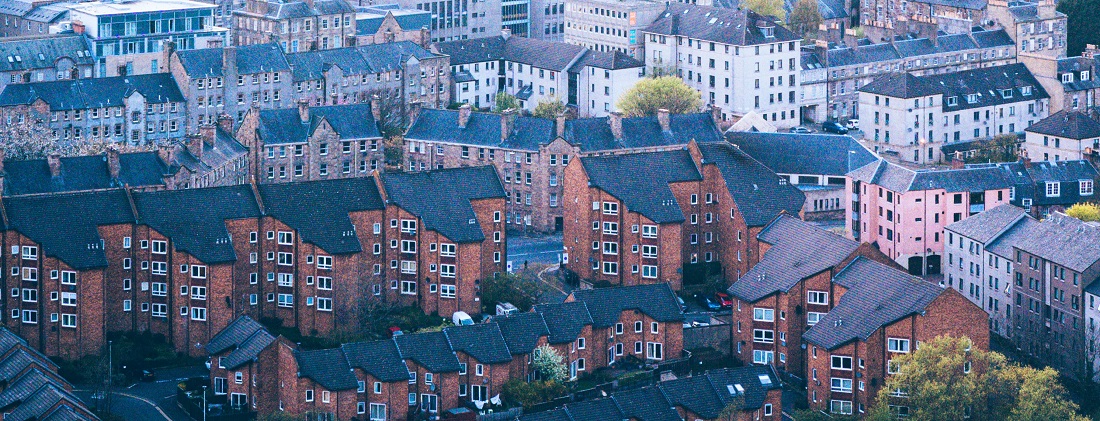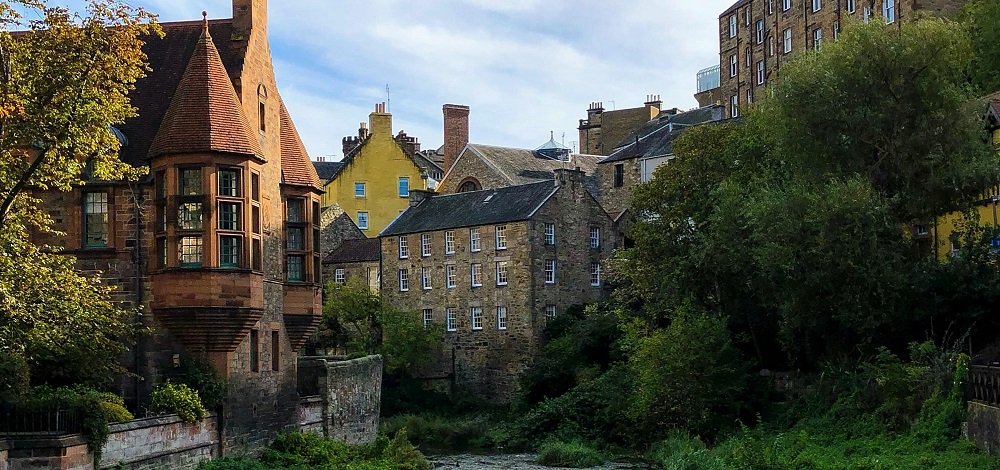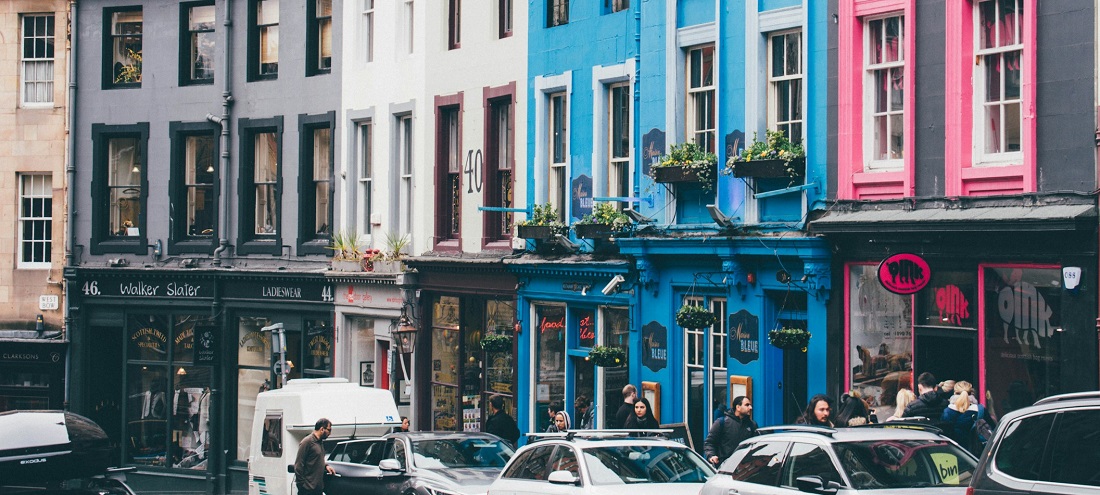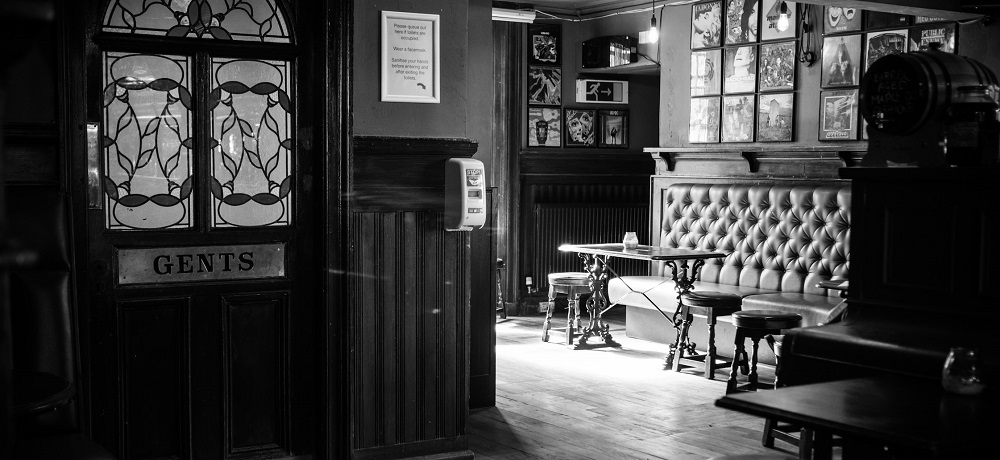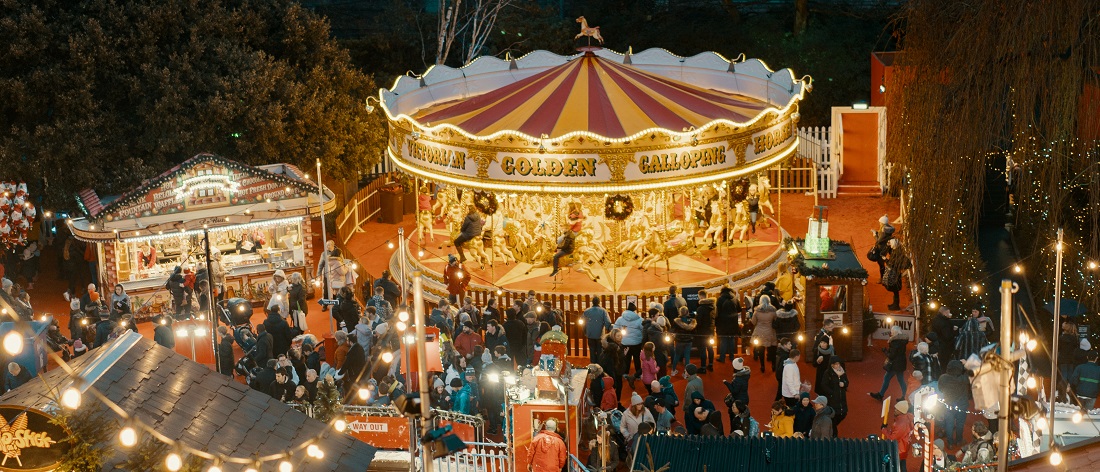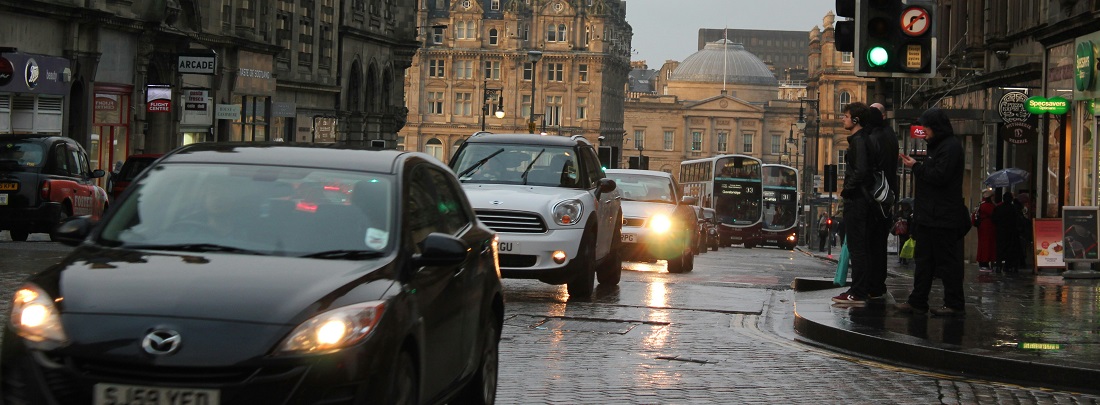Although easily eclipsed by Glasgow in terms of population, Edinburgh holds its own as the capital of Scotland and is a destination beloved by tourists and expats alike. Expats moving to Edinburgh are welcomed by a city with a rich history, vibrant culture, and is blessed with postcard-pretty scenery, not to mention a booming financial services industry.
Edinburgh is situated in the southeast of Scotland, less than an hour from Glasgow by train, and a little more than four hours from London by high-speed rail. The town centre is dominated by Edinburgh Castle, situated atop Castle Rock and perched above the medieval Old Town and the Georgian New Town. To the west lies the West End district, which includes the city's financial hub.
Living in Edinburgh as an expat
As the location of the Scottish Parliament, the University of Edinburgh, and the Bank of Scotland, Edinburgh is home to many of the country’s political, legal, educational, and financial leaders. Expats aiming to work in Edinburgh should be prepared to enter a highly skilled workforce, as most employees have some level of tertiary education.
The city is a pedestrian-friendly mosaic of open green space, intermixed with the cobbled alleyways of Old Town and the wide Georgian avenues of New Town. An easy-to-use public transport system connects nearby suburbs, and even makes the coasts and countryside accessible for a quick weekend break.
The lifestyle in Edinburgh also offers expats a great deal of shopping and dining out experiences. As a university city, Edinburgh has plenty of affordable and fun nightlife options. Those looking for a more relaxed atmosphere are sure to enjoy the numerous comedy bars and theatres dotted around the city.
Cost of living in Edinburgh
When compared with other major expat hubs such as Hong Kong, Singapore, and New York, the Scottish capital's cost of living is rather reasonable. Although one of the more expensive cities to live in the UK, Edinburgh is comfortably more affordable than London. Accommodation in the city is pricey, and expats will have to ensure their salary is high enough to bear the cost if they are to live comfortably.
Families and children in Edinburgh
Expats can take comfort in a reputable state-funded healthcare system, and those moving with children will be delighted to know that Edinburgh has a free, world-class education system.
There is also plenty for families to see and do in their leisure time, including picnics in the many lovely green spaces dotted around the city, hikes in its hills, and many spectacular museums, theatres and other entertainment.
Climate in Edinburgh
One element that expats can struggle to adapt to is the consistent grim winter weather, when shortened days, sparse sunlight, and high winds and rainfall can make for melancholic moods. Most expats report that they get used to the grey skies after a while, but new arrivals should be prepared as their first, long winter may come as a bit of a shock to the system.
Still, with a full event calendar and an impressive selection of pubs to help take the nip out of the winter air, expats moving to Edinburgh can look forward to embracing a high quality of life in the Scottish capital.
